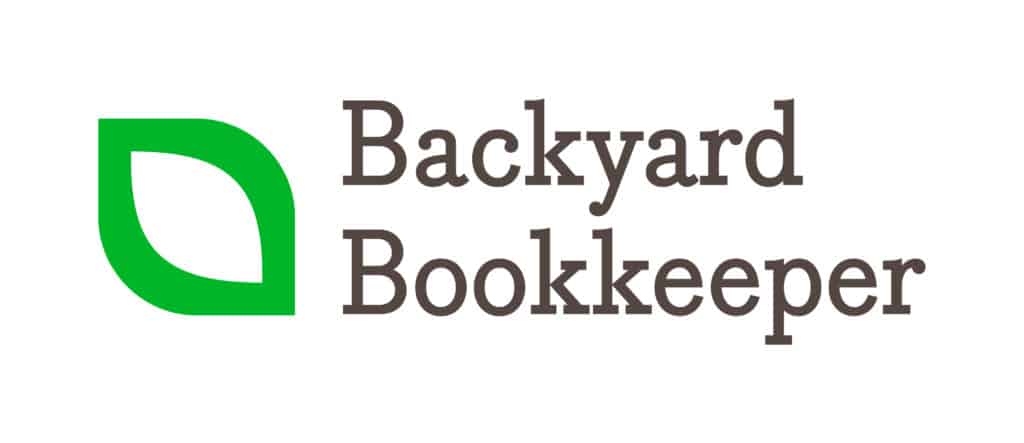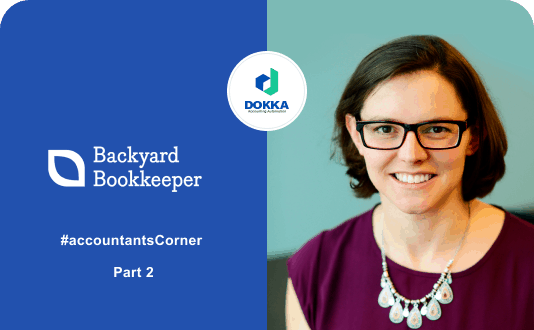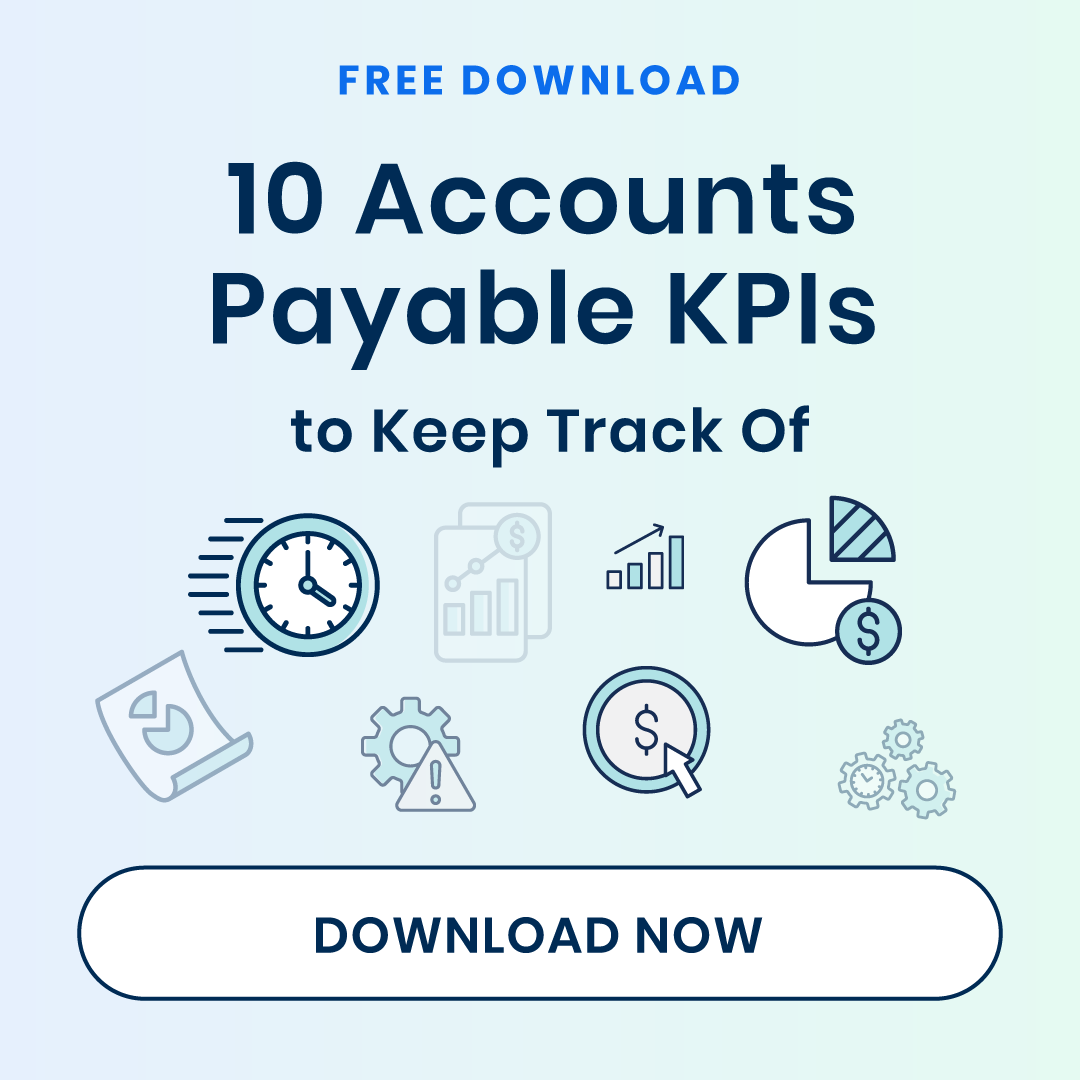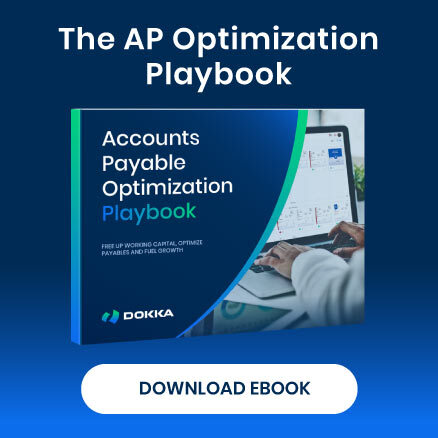Continuing my discussion with Julie DeLong from Backyard Bookkeeper, a virtual bookkeeping company, we speak about the Quickbooks marketplace to find apps, and discuss the difference between solo bookkeepers, virtual bookkeeping companies, and the new breed of VC backed super bookkeeping companies.
To recap, in the first part we spent a fair amount of time discussing the pro’s and con’s between Quickbooks Online (QBO) and Quickbooks Desktop (QBD). If you missed part 1, then it’s best to read it first before reading the second part of the discussion below.

What makes a good bookkeeper
Eric: You mentioned earlier that you think anyone can become a bookkeeper. What characteristics are needed to make a good bookkeeper, and vice versa what characteristics don’t make a good bookkeeper?
Julie: I would rephrase that. If you’ve ever watched the movie “Ratatouille”, “not anyone can become a bookkeeper, but a bookkeeper can come from anywhere.”
I would say the main things are being able to organize effectively. Whether it is an office, whether it is procedures, whether it’s just information. Have an organized outlook. What needs to happen. How can you turn things into systems and procedures to clean them up and make them run efficiently?
I would also say that a basic understanding of accounting principles is useful although it’s not strictly necessary to get into the accounting space. Sometimes you learn it along the way. And the ability to stay on task and keep a schedule.
The thing about bookkeeping is that the job never ends. The tasks repeat themselves every month. Sometimes more frequently than that depending on what you are doing. You have to figure out what that schedule is and then keep it every month. A certain amount of internal motivation and drive is necessary. Besides that, everybody can become a bookkeeper.
Ratatouille is an American computer-animated film released in 2007 and produced by Pixar, which is a comedy aimed at children, but which includes a fair amount of adult humor.
Not anyone can become a bookkeeper, but a bookkeeper can come from anywhere.
Differences between Cash Based Accounting and Accrual Based Accounting
E: Some of the bookkeepers and accountants I speak to talk about doing cash based accounting for their clients and some prefer to do accrual based accounting. Can you explain the difference between these two different ways of working? Also, is there any legislation that determines when an accountant or bookkeeper needs to do cash based or accrual based accounting?
J: In the United States the legislation says the following. With the caveat that I’m not a Certified Public Accountant, (so it is possible that there are laws that I’m not aware of, because I’m not technically required to keep up with them).
From Wikipedia:
Certified Public Accountant is the title of qualified accountants in numerous countries in the English-speaking world. It is generally equivalent to the title of chartered accountant in other English-speaking countries. In the United States, the CPA is a license to provide accounting services to the public.
The entities that are required to be on accrual based accounting are publicly traded corporations and non-profits. And there are probably some exceptions to that. I’ve seen non-profits that do cash based accounting and aren’t very careful. But those tend to be very small ones that no-ones paying much attention to anyway.
The textbook definition of accrual based accounting is that you report expenses in the same period in which the related income is earned. And you report income when it is earned, rather than when it is collected. The practical definition when it comes to accounting software is that when you are using accrual based reports, the accounting software will compile the data using the date of the customer invoice or the vendor bill. Regardless of whether those transactions got paid or not. And the balance sheet will reflect an accounts receivable balance and an accounts payable balance.
When you run the same report on a cash basis, in that software, it will compile data based on the date that those invoices or bills were paid.
An example showing the difference between cash based accounting and accrual based accounting:
If you issue an invoice in April to a customer for $1000, but it gets paid in May. Suppose that’s your only transaction. Then your P&L in April on a cash basis would show zero income and the May P&L would show $1000 income. Whereas that same report in the accrual basis would show a $1000 of income in April and zero income in May.
So really it’s all dependent on the date of the transaction as it gets entered in the accounting software.

Quickbooks Marketplace Apps
E: I know this is taking awhile, but there’s some brilliant information here, so I want to continue for awhile. If I look at the Quickbooks marketplace, there are nearly a thousand different apps available. Which of these apps do you use in your tech stack, and how do you decide when looking at the Quickbooks marketplace which ones you should be using? Are you constantly testing the different apps?
J: Honestly, I’m not sure I’ve been on the Quickbooks marketplace website for a couple of years. For the most part, with our bookkeeping service, we work just in Quickbooks. Our clients tend to decide when they need add-on’s. We have a couple that we recommend. There are a handful that I’m aware of as they are important industry ones, like Fishbowl for inventory management. We haven’t used a lot of add-on’s.
The place where that comes into play is when clients have an add-on that they already need to be using. We’ve seen this most often with franchises. The franchisor provides some kind of Quickbooks add-on that will communicate with Quickbooks. They have to use that add-on to import all of the sales data, so that that data can also get reported back to the franchisor for the payment of royalties and everything else. That’s the most common scenario we’ve seen. Frankly, I don’t know if those apps are on the marketplace.
There are a lot of things that you can use. There are a lot of ways you can enhance your data. I think from a business management standpoint, you do have to be a little careful about what makes the most sense to use. Sometimes more is not better.
I had a conversation recently, for example, with a non-profit that had their Paypal account connected to Quickbooks. It was a massive amount of data. You have several hundred people, making ten and twenty dollar donations on a recurring basis every month. It’s all donation revenue coming in. It’s unrestricted funds. This massive number of transactions in the Quickbooks file.
When I quoted them for bookkeeping, I had to include that in the estimate. We’ve got several hundred here that we have to manage. He was being very budget conscious and he said “I’m not sure that we can pay that”.
And I said, “Here’s an option for you. You can get rid of the detail. You don’t technically need it. What you need to know is the total revenue. What we can do is use the Paypal statement. Do a single journal entry to reflect the revenue and the fees. Account for a handful of expense transactions that go out. And we can reconcile that same account, instead of four hours, we can do it in about half an hour.”
That vastly affects his bookkeeping price.
That’s the point I’m trying to make.
Differences between a solo bookkeeper, a virtual bookkeeping company, and the new vc-funded bookkeeping companies
E: Lets speak about accounting automation. It’s fascinating that you’ve created a virtual bookkeeping business. There are a lot of competitors trying to move into the bookkeeping and accounting space from many angels. When I look at the overall industry, QBO has their QBO Live offering, which some bookkeepers are against, and other bookkeepers don’t feel is a threat.
And you’ve also got, what I call, these new super VC-funded bookkeeping companies like Bench, and Botkeeper, and Xendoo and ScaleFactor. When I’m listening to you describe your business, it sounds like your virtual bookkeeping company and these hundred million dollar VC funded bookkeeping companies are one and the same thing.
I’m trying to understand the difference between these different bookkeeping offerings. It will be interesting to hear your opinion on a traditional bookkeeping company, a virtual bookkeeping company such as yourselves, an offering like QBO live, and this new batch of super bookkeeping companies like Bench and Botkeeper.
J: I’ve never tested Bench. I’ve been a little bit curious about it. I’ve thought about signing up for a trial to see what the experience is about. These big [bookkeeping] corporations function a little bit differently than the small [bookkeeping] firms do.
I would say there are three different kinds of bookkeepers in this space. You have the big bookkeeping corporations like Bench, like Quickbooks Online Live, that is just getting started. Those companies have, not quite unlimited resources, but they certainly have money to pour into a new venture like this to get it up and running. They also have massive overhead costs. Those companies, for sure, are really going to be charging a premium for their bookkeeping services. Kind of like when you call your cellphone provider. There’s a very strong chance that you’ll get passed around from customer rep to customer rep. You’re not going to develop a relationship with one person necessarily. There will be different levels of people working on your books at different stages.
There’s also a very strong possibility that some, or all of the work, is getting outsourced overseas. To India, the Philippines, some Asian country that has a much lower cost of labor. From a customer experience standpoint, maybe some companies are doing it well. But it’s going to be hard to judge that on a large scale.
Then on the other end of the spectrum you have solo independent bookkeepers that are working online. Maybe finding gigs online through Upwork and similar platforms. Or maybe just working with local clients and doing it remotely. What we’ve observed with solo bookkeepers, is it works really well up to a point. Up to a certain number of clients. And then once you pass that threshold – and it will be slightly different for everybody depending on their skill level and their time availability. But once they pass that threshold, they’re going to start dropping the ball on other areas of the business.
According to the Upwork website…
Upwork connects businesses of all sizes to freelancers, independent professionals, and agencies for all their hiring needs.
Also, a general issue with the bookkeeping space overall is that there’s not really a good way to judge somebody’s competence level. There’s no certification that really guarantees that somebody knows what they’re doing. A lot of people get certifications. They become Quickbooks Pro Advisors. They get degrees in Accounting.
But none of those things actually guarantee that someone is going to know how to apply the principles of what they have learned in different kinds of situations. You might have people that seem very educated and have lots of experience but really don’t know what to do when they sit down with a brand new business and have to figure it out from scratch.
So you have a really wide spectrum of experience levels. A wide spectrum of ability and background knowledge required to be good at what they do. So it’s very difficult to create a consistent experience. That problem applies to everyone in the industry, whether it’s the solo bookkeepers or the big corporations.
Then in the middle you have firms like ours. We started out as solo bookkeepers and gradually added people to our staff. We are dedicated to not shipping any of the work overseas. That’s very important to us that we figure out a way to make this sustainable in the long run, employing people domestically. And providing services to companies in the United States. And our focus recently has been trying to create a consistent customer experience.
How do we make sure that all of our bookkeepers, even though they come from different backgrounds, and have different levels of experience, that we bring them all to the same level. That we have clear expectations of the clients. What is it that we’re doing for them. How often are we delivering and what are we delivering? And making sure that all of that can happen in a sustainable way.
I think that’s where our strength comes in. And why we can compete with the solo bookkeepers and the big corporations. Because we are focused on this issue of sustainability, and consistent customer experience, we are able to give our clients much better service than they would be able to get otherwise. And not as expensive as they would be able to get through Quickbooks Live or some of these other big Bookkeeping companies.
There are some software add-on’s that we can use to provide some added value to our customers. Some enhanced reporting, or platforms like DOKKA. If it’s important for them to keep all of their receipts integrated with their accounting file we can provide that. Some different things we can use to provide added value to the clients.

Bookkeeping in 2030
E: I can probably spend the next two to three hours unpacking everything you just said, and going into detail. I wish we had more time.
Based on these three categories you’ve spoken about, and based on my understanding that QBO Live and Bench and companies like that are trying to take the bookkeepers onto the backend of what these companies are doing. So that you come into their platforms and you get allocated one of these solo bookkeepers under the QBO Live or Bench brand.
Where do you think the accounting and bookkeeping industry will be a decade from now? Do you think there will still be space in the market for all three of these categories you spoke about, or are solo bookkeepers going to disappear?
J: I don’t think solo bookkeepers will disappear. I think it will be difficult for small bookkeeping firms to compete with the big ones. We’re anticipating that challenge and brainstorming ways to face it. What I would like to see is a standardized, generally accepted update to what it means to be a bookkeeper. Can we standardize that knowledge somehow.
Right now, the only kind of education you can get, is either traditional accounting, (traditional accounting classes), or platform specific training. Becoming a Quickbooks Pro Advisor. Joining the Xero Partner Program. Becoming certified in that one software. And what does not seem to exist is an understanding of what are bookkeeping principles that can be applied across all platforms. That’s something that I would really like to see develop.
To be honest, it’s something that we have been talking about developing ourselves, and marketing, and making available on a wide scale. Continuing the education. Accounting has continued to be taught. Right now if you go to learn accounting, you will be taught basically the same way that it has been taught for the last few centuries.
Right now, it’s up to people’s intuition. Can they figure out how those principles apply to modern bookkeeping software. If they can, they will be fine. If they can’t, they’ll be stuck in lower level accounting positions for the rest of their lives. There are ways to think about bookkeeping differently. I don’t know if anyone else is thinking in this direction. We certainly are and I’d like to see that shift happen.
There are ways to think about bookkeeping differently

How to start a virtual bookkeeping company
E: My final question. It’s been a fascinating but longer than I envisaged discussion. So thank you.
You’ve had a lot of experience with running and managing a virtual bookkeeping company. And it sounds like you started it with first thinking as a “virtual bookkeeping company” rather than a traditional bookkeeping or accounting company.
With Corona in today’s times, traditional bookkeeping and accounting companies have become forced to change into virtual bookkeeping companies overnight. There’s also a lot of entrepreneurs that would love to setup a virtual bookkeeping company. What advice do you have either for traditional bookkeeping companies or for new entrepreneurs that are thinking about launching a virtual bookkeeping company?
J: My advice would be to start with systems in mind. Think about all the systems that are going to have to be done remotely. Think about ways to make that simple. One thing I’ve been telling our bookkeepers a lot recently is that clients, in general, can not be depended upon to provide you the information you need of their own free will. You have to figure out ways to bypass them.
If you wait for them to send you receipt copies and send you bank statements every month you will never get anywhere. I would say that only twenty to thirty percent of clients are motivated enough to get you the information that you need without prompting from you. Without harassment from you to be frank.
Which is why getting things like your own access to their bank accounts is important. As you’re doing this, you need to keep security in mind because you’re going to have access to sensitive client information. You need to make sure that that sensitive information stays secure.
We have had lots of clients send us credit card numbers, social security numbers, all sorts of sensitive information through email. You’ve got to train your clients not to do that. And you’ve got to make sure that you don’t do it either.
DataDrivenCIOs is a Utah based company that provides managed desktop services. If you sign up with them, you can log into your server from any computer or any device, and within that server, if you keep all of your client information there, your client information will always be safe. The Quickbooks will be secure. All of your bank transactions will be secure. You will be protected from getting malware or spyware on your computer that’s capturing all your keystrokes. It won’t get compromised because all your stuff will be on that server. The server will prevent that compromised information from getting out there.
Keep your clients safe. Keep yourself safe. Think through all the tasks you are going to need to do remotely. And come up with ways to do that. There are solutions for nearly everything.
E: Thanks Julie. I think we’ll end it there. That was really amazing.
Do you think Accounting will be the same in 2027?

This is a series that DOKKA is running where we explore the thoughts of Bookkeepers, Accountants, CFO’s & others involved in the Bookkeeping & Accounting space throughout the world.
See some of our previous discussions:
Mary McBlain from McBlain and Davis Accountants – Understanding the Bookkeeping & Accounting industry in the UK
Hossein Dadkhah from DataDrivenCIOs – Factors Accounting companies should consider when dealing with client data
Lisa Cervantez from PureSpeed Lightwave – Why an internal Finance Team chose SAGE 300 as their Accounting Software
Jeffrey Levine from Persofi – Bookkeeping differences between Israel versus the UK
Zane Orton from M-inent – Future of Bookkeeping
Akiva Brett from KB Tax – A South African Tax Practitioner
Julie DeLong from Backyard Bookkeeper – Part 1 – Choose between Quickbooks Online and Quickbooks Desktop
Julie DeLong from Backyard Bookkeeper – Part 2 – Advice from a Virtual Bookkeeping Company
Holly Dunn from Accountable Bean – SAGE versus Intuit








